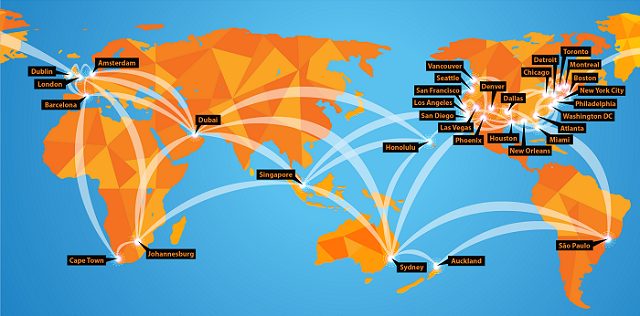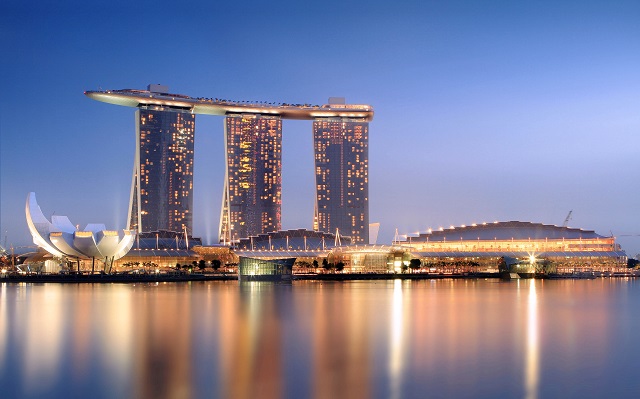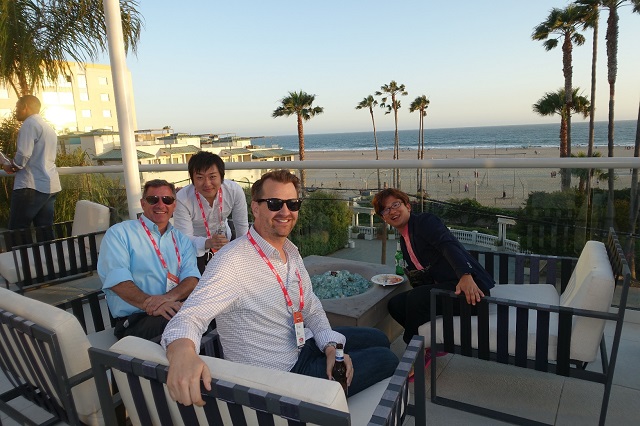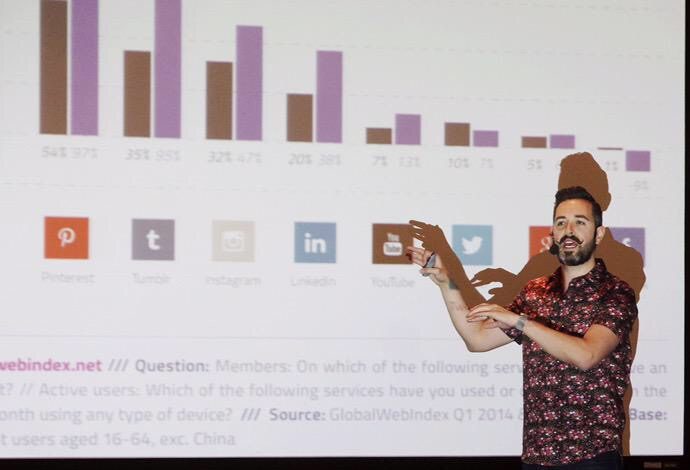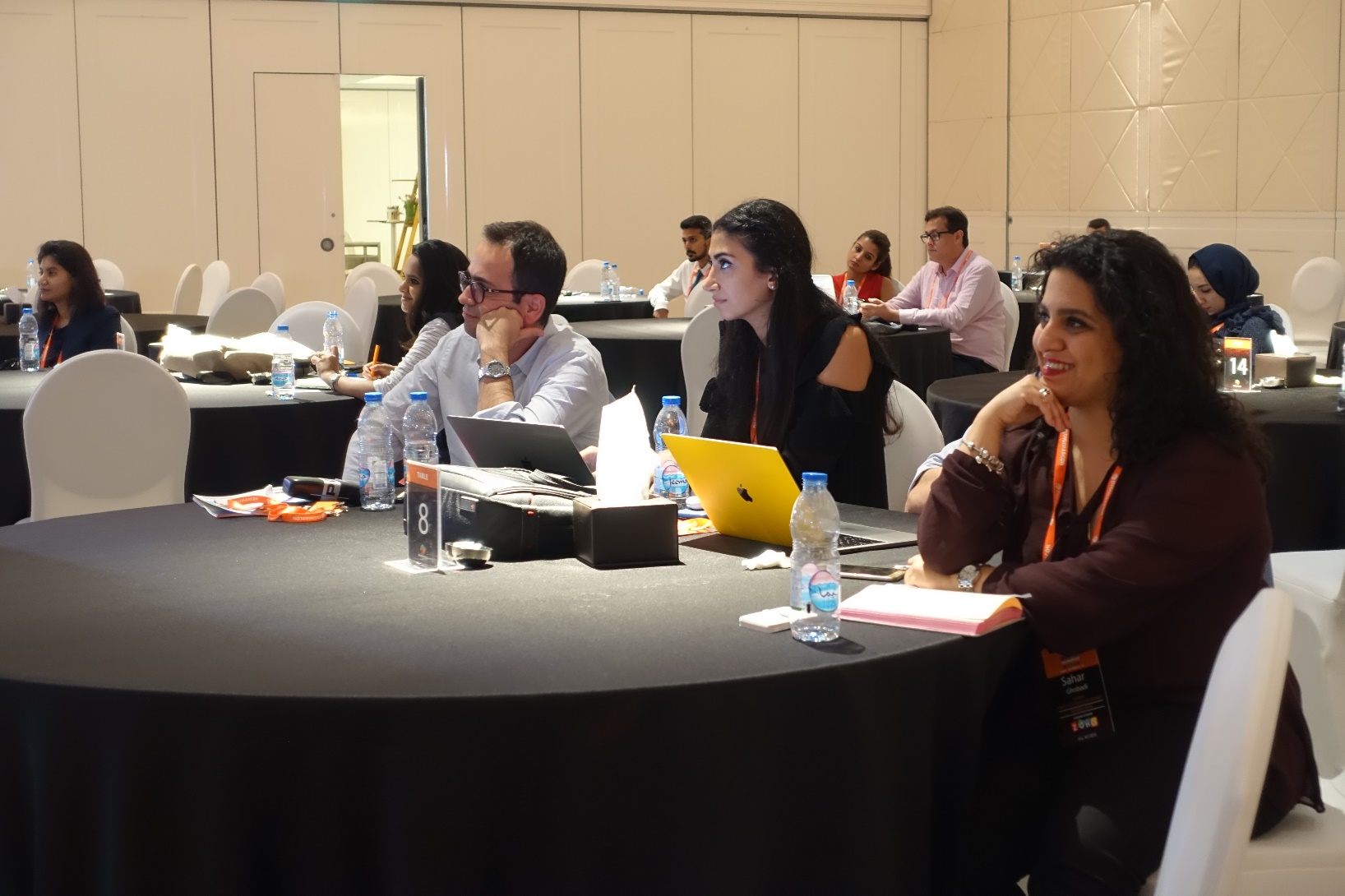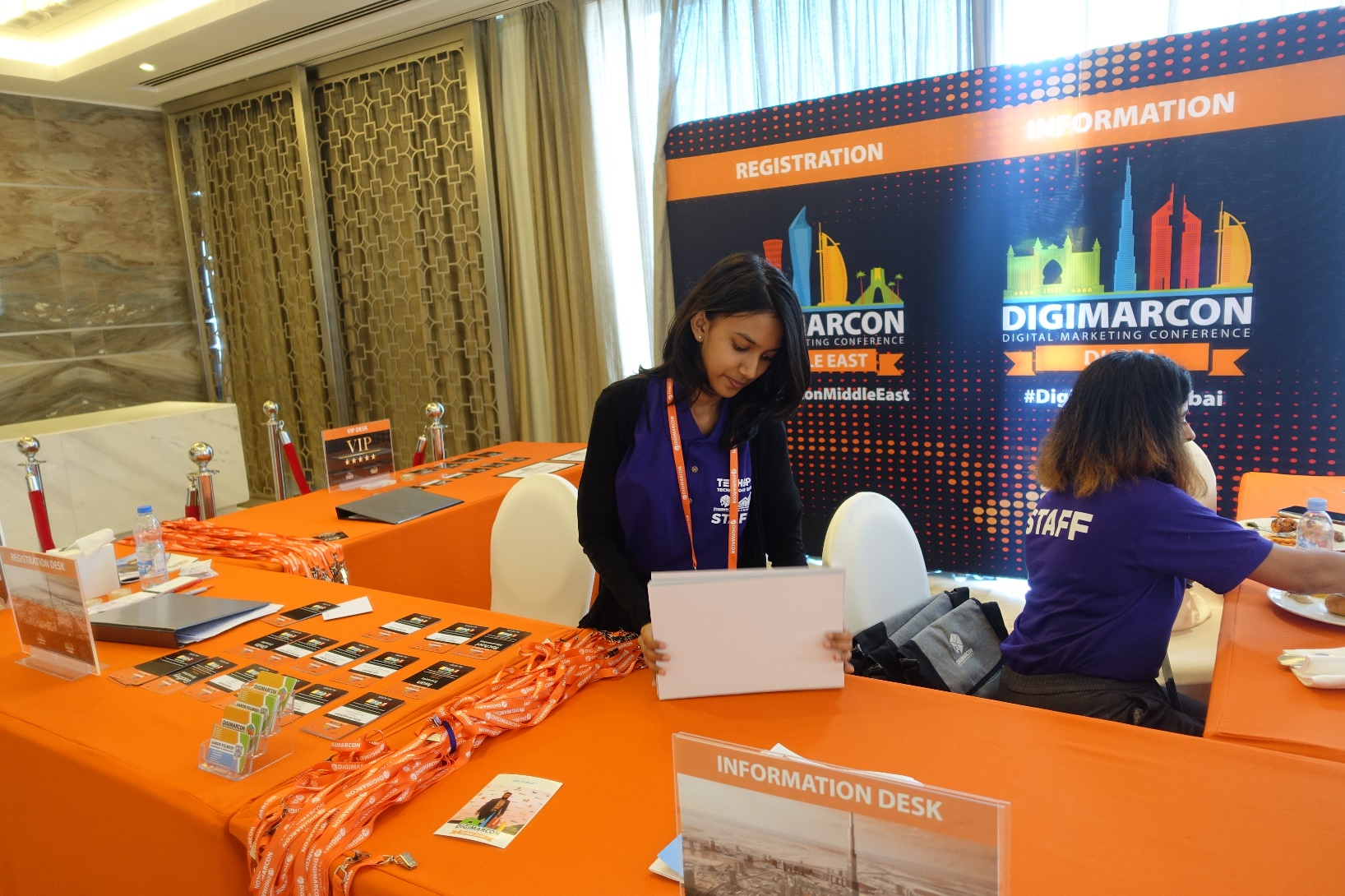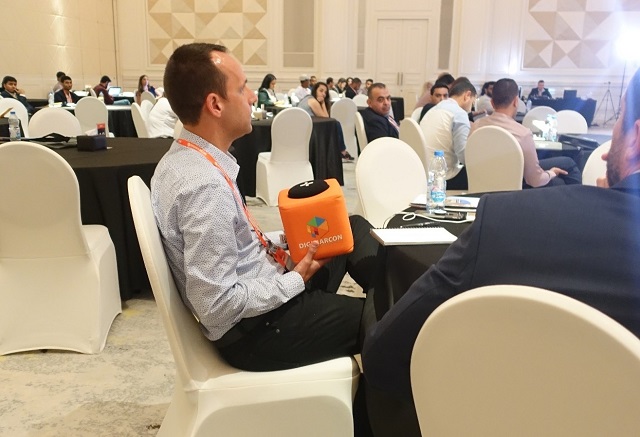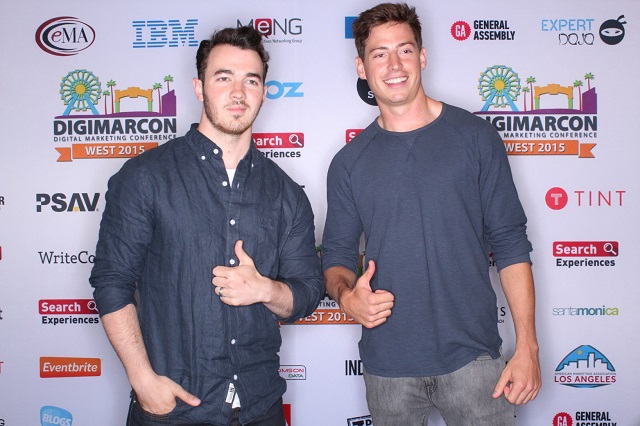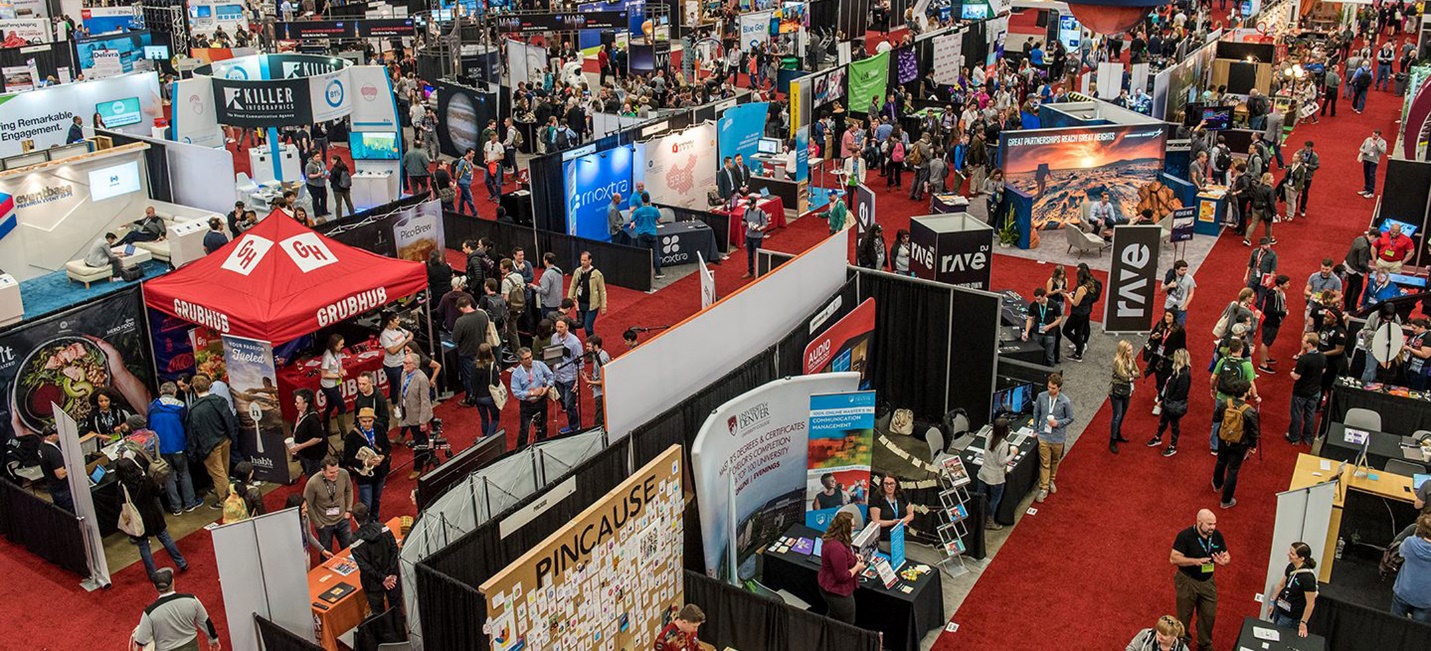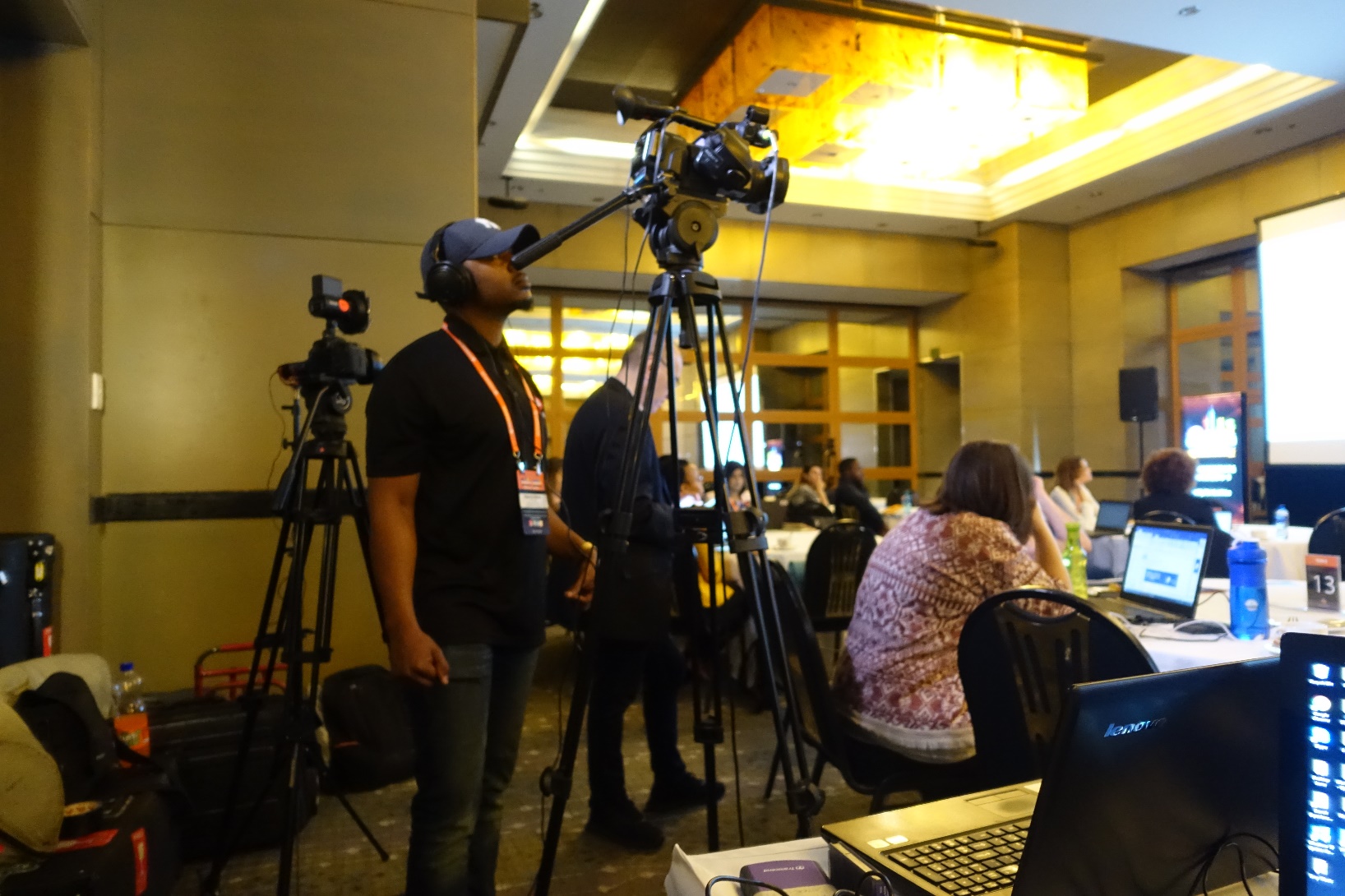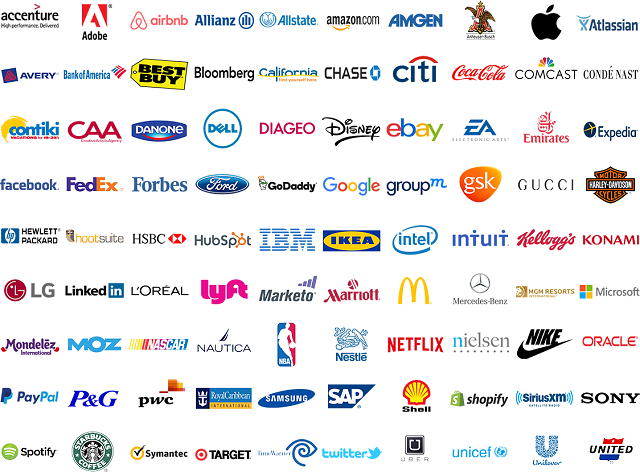Media buying briefing: WTF are barter agencies?
The concept of barter has been around since the dawn of time: you give me something I need in exchange for giving you something you need. At its most fundamental, that’s what barter agencies do, except they are the middle-men (and -women) in the transaction between advertiser and media property.
The most common example is when a marketer has too much of something (let’s take a clothing manufacturer with an excess supply of jeans that suddenly went out of fashion). Rather than junking it, the marketer approaches the barter agency, which takes that inventory off the retailer’s hands and resells it elsewhere. The agency then secures ad inventory from a media property or properties, usually purchased at low rates, as payment for the retail inventory.
“By and large, what barter agencies offer is very helpful” to marketers, said Ashwini Karandikar, executive vp of media, technology and data at the 4A’s. “Especially when you’re facing supply-chain issues or things that have been stuck in place for a while.”
Here are four things to know about the state of barter agencies today:
Holding companies aren’t as committed as they used to be
WPP still runs Midas Exchange and IPG still runs Orion, but neither made executives available to comment. Omnicom in June divested its Icon unit to that shop’s management group because it was no longer deemed a core asset, according to an Omnicom representative. A Dentsu rep wasn’t able to determine if that holding company still owns a barter shop. Publicis never got into the barter game, and Havas conducts some barter business but outsources to other barter agencies, according to an executive who spoke on condition of anonymity. “There’s a necessary objectivity in the triangle between agency, client and media company that needs to exist [in barter relationships], which is inherently difficult for holding companies because of their vested interests,” said one executive with knowledge of the business.
Growth of the independents
After Icon, which only recently became independent, Active International and Evergreen Trading are the largest barter shops not owned by a holding company. Around since 1984, Active is widely recognized as the biggest of the group. Evergreen, meanwhile, was started in 2008 by Gordon Zellner, who cobbled together a host of veterans from the other barter firms. Horizon Media uses Evergreen as its outsourced barter ship. “The fundamental of what we do is close gaps — most people call them problems,” said Zellner. “Problems exist when two entities don’t agree and there’s a gap. Calling them a gap is way more promising than a problem because you can close a gap.”
The pandemic created opportunity
Entire industries had to dramatically curtail or even shut down lines of business during the pandemic, including food, retail and travel-related businesses, creating need on the client side for what barter agencies can provide. While on the media side, the same kind of dislocation occurred, with media companies looking to fill ad inventory.
Disclosed versus non-disclosed
Barter agencies were in the crosshairs of the 2016 ANA and K2 Intelligence Report due …read more
Source:: Digiday










